Panday, 3 accused fail in bid to stop restart of Piarco case
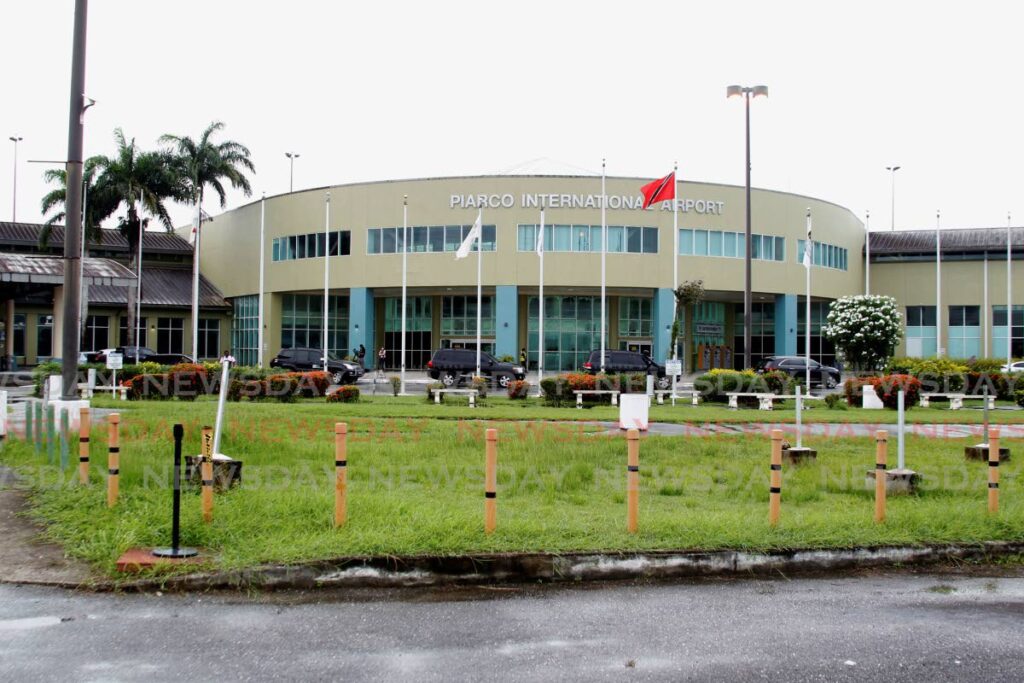
FORMER prime minister Basdeo Panday, his wife Oma, former minister Carlos John and businessman Ishwar Galbaransingh have failed in their bid to stop their decades-old preliminary inquiry into bribery charges arising out of the Piarco airport expansion project from restarting.
They had resisted any attempt by the prosecution to have the matter further adjourned.
On Friday, Magistrate Adia Mohammed refused an application by the four to stay the matter because of abuse. The four had resisted the prosecution’s application for an adjournment, pushing for their discharge and objecting to any further delay.
In July, the State, represented by deputy DPP George Busby sought an adjournment to get further instructions from DPP Roger Gaspard, SC, on how to proceed with the Piarco III preliminary inquiry, after Mohammed said she received authorisation to start the case afresh.
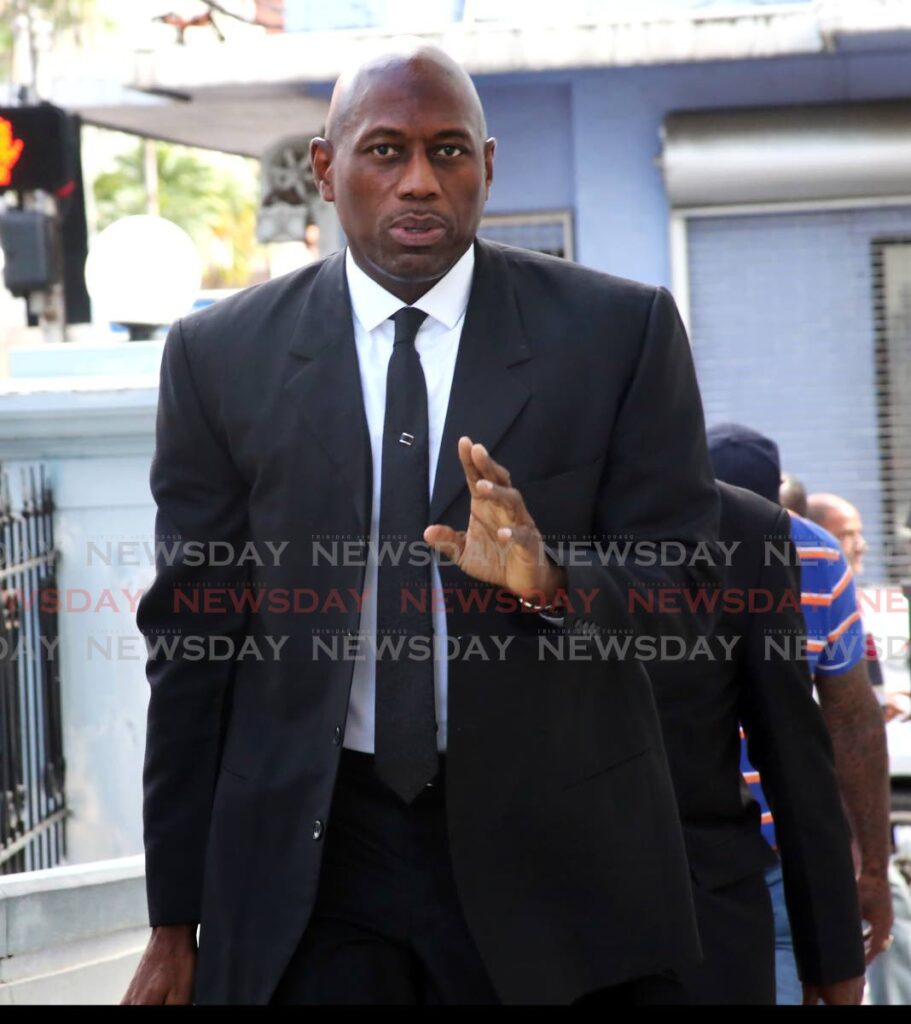
The matter has been called periodically in the Port of Spain magistrates’ court since it landed in Mohammed’s docket in 2019 after she was assigned to the first court, which primarily hears fraud cases.
It now comes up for hearing on September 22 for case management.
The Pandays were charged with corruptly receiving money while John and Galbaransingh were charged with corruptly giving £25,000 to the couple.
John and Galbaransingh were accused of giving Panday the money as an inducement or reward in relation to the Piarco airport expansion project.
The Pandays and the others were charged in 2005.
A preliminary inquiry began before former senior magistrate Ejenny Espinet on May 31, 2006, and on February 12, 2008, the defendants asked that she recuse herself after they said they received information that Espinet was a trustee and treasurer of the Morris Marshall Development Foundation and thus, would be biased against them because of her alleged close connections with the People's National Movement (PNM).
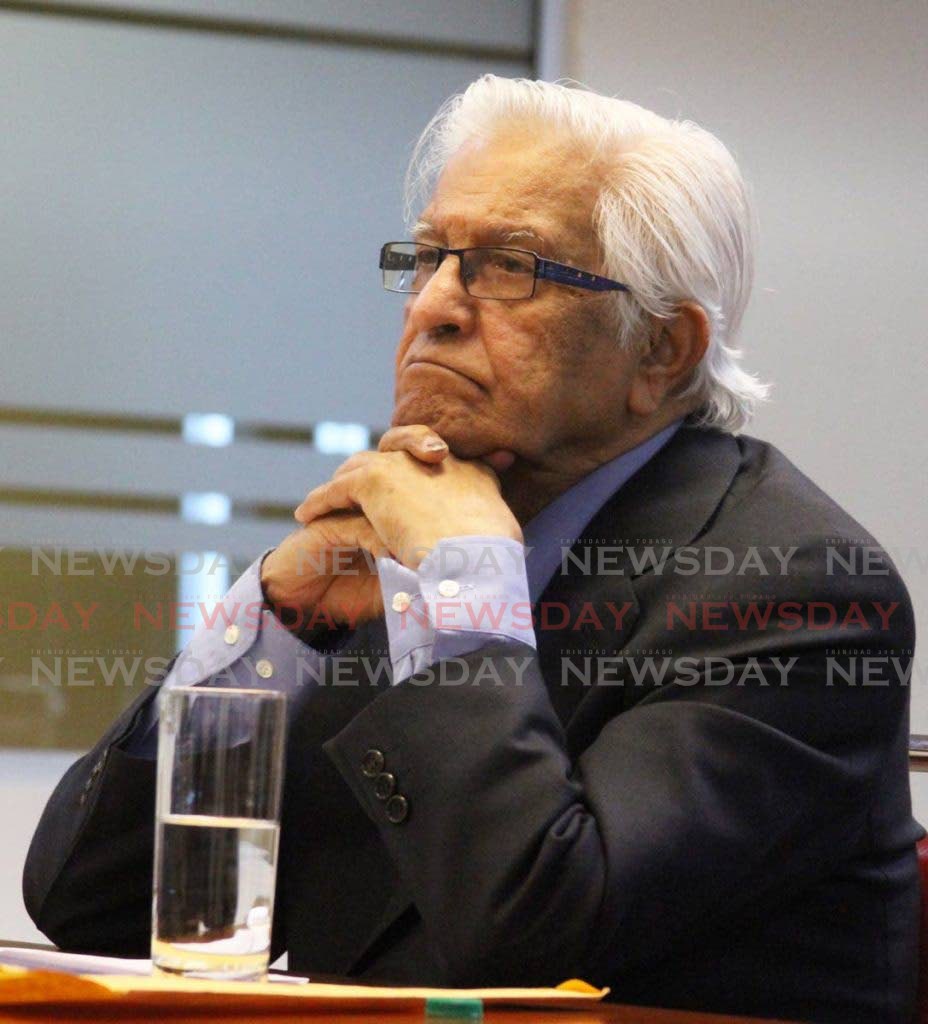
Legal challenges on the basis of apparent bias were dismissed and the case continued before Espinet until she retired in 2018, leaving it part-heard.
In their application resisting its restart, John and Galbaransingh argued the prosecution had four years – after an appeal in the matter was discontinued to consider its options; that it was grossly unfair and egregiously wrong to have the decades-old matter remain before the court and the cost to the justice system to have it continued.
They argued the continuation of the prosecution after 17 years would amount to oppression and the proceedings ought to be stayed as an abuse of the process of the court having regard to the inexcusable and inordinate delay by the State.
It was further argued that nothing prevented the chief magistrate from ordering that the matter restart soon after Espinet retired in Jan uary 2018.
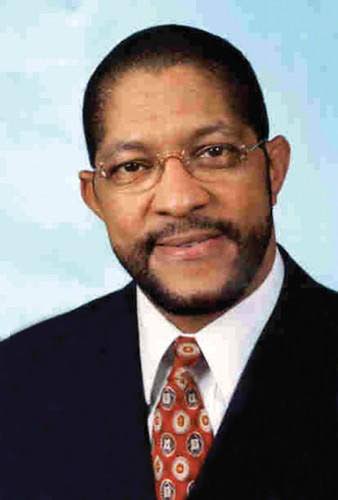
They also argued their constitutional rights to a fair trial will be prejudiced.
In giving a lengthy ruling, Mohammed outlined the history of the matter, recognising that four years had gone unexplained but said she was unable to determine it was because of any ill intent by the State.
She also cited the covid19 pandemic, which affected the usual operations of the court, and said, taking into consideration the overriding objective to deal with all criminal cases justly, “I am therefore satisfied on a balance of probabilities that the delay complained of has not resulted in prejudice to the applicants such that it may be contended that they cannot receive a fair trial.
“I am also satisfied on a balance of probabilities that the continued prosecution of the applicants is not unconscionable, oppressive and a misuse of the process of the court.
“…I do not find that this case falls into the category of exceptional and rare circumstances where the court ought to exercise its discretion to impose a stay of the proceedings on the basis of delay.”
She further noted, “This case concerns charges of both applicants under the Prevention of Corruption Act in May 2005 involving State funds.
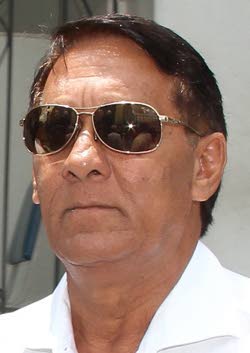
“There is therefore a significant public interest in persons charged being brought to trial.”
She also mentioned that Panday was the prime minister and Oma his wife on the date of the alleged offence, so “public interest considerations are therefore significant in my determination of the application before this court in dealing with this matter justly.”
The charges against the former prime minister were linked to wider charges against several businessmen and businesses. In all, there are four related inquiries, none of which have gone to trial.
On June 29, Gaspard said it was his position that “taking Piarco I to trial would have been oppressive if not legally nettlesome while the other matters related to the airport project were in train, bearing in mind that there were common accused in both sets of matters.”
Instead, he said, “A joint trial of the allegations in Piarco No I and those arising from those other matters was desirable.”
Two days earlier, the Privy Council held that a complaint by the accused charged in Piarco I, of apparent bias against then chief magistrate Sherman McNicolls, was sufficient to strike down their committal to stand trial. Gaspard said he now has to consider the future of that case.
Gaspard also said he felt constrained to advise citizens that, “the ruling by the Judicial Committee does not pertain to other matters which fall outside of those that comprise Piarco No I.”
The ruling by the London court followed a ruling by a US judge disqualifying Attorney General Reginald Armour, SC, and the US law firm Sequor Law, from a multi-million dollar civil-asset forfeiture case linked to the same airport project, on the basis of Armour’s previous work as an attorney for one of the accused, former minister Brian Kuei Tung. The disqualification of Sequor Law is under appeal in the US.

Comments
"Panday, 3 accused fail in bid to stop restart of Piarco case"